Cannabinoids are the active compounds found in cannabis that interact with the body’s endocannabinoid system, leading to various effects. Among these cannabinoids, THCA (tetrahydrocannabinolic acid) and THC (tetrahydrocannabinol) are two closely related compounds often discussed in the context of cannabis use and its benefits. Although they share similarities, they are distinct in their chemical properties and effects. This article explores what THCA is, how it differs from THC, and how each plays a role in the cannabis experience.
What is THCA?
THCA (Tetrahydrocannabinolic Acid) is a naturally occurring cannabinoid found in raw cannabis plants. It is the precursor to THC, the compound most commonly associated with the psychoactive effects of cannabis. THCA is not psychoactive in its natural form, meaning it does not produce the "high" typically associated with cannabis use.
Key Characteristics of THCA:
-
Non-Psychoactive: THCA does not cause intoxication or a change in mental state. Its effects are not felt until it is converted into THC through a process called decarboxylation.
-
Conversion to THC: When cannabis is heated (e.g., during smoking or cooking), THCA undergoes decarboxylation, where it loses a carboxyl group and transforms into THC. This process is what activates the psychoactive properties of THC.
-
Potential Benefits: THCA has been studied for its potential therapeutic effects. Research and anecdotal evidence suggest that THCA may have anti-inflammatory, neuroprotective, and antiemetic (anti-nausea) properties. However, more research is needed to fully understand its therapeutic potential.
-
Consumption: To benefit from THCA, it must be consumed in its raw form, such as in fresh cannabis leaves or unheated cannabis products. Juicing raw cannabis is one way to ingest THCA without converting it into THC.
What is THC?
THC (Tetrahydrocannabinol) is the primary psychoactive compound in cannabis. It is the most well-known cannabinoid due to its psychoactive effects, which are responsible for the "high" that many users seek. THC is formed from THCA through the decarboxylation process.
Key Characteristics of THC:
-
Psychoactive Effects: THC is known for its intoxicating effects, which can include euphoria, relaxation, altered sensory perception, and increased appetite. It interacts with the CB1 receptors in the endocannabinoid system, leading to these effects.
-
Therapeutic Benefits: THC has been studied for a range of therapeutic uses, including:
- Pain Relief: THC can provide relief from chronic pain and inflammation.
- Appetite Stimulation: It is known to stimulate appetite, which can be beneficial for individuals with conditions that reduce appetite.
- Anti-Nausea: THC is effective in reducing nausea and vomiting, especially in patients undergoing chemotherapy.
-
Consumption: THC is consumed in various forms, including smoked or vaporized cannabis, edibles, tinctures, and concentrates. The method of consumption can influence the onset, intensity, and duration of the effects.
Key Differences Between THCA and THC
1. Chemical Form and Psychoactivity
- THCA: Exists in the raw, unheated form of cannabis. It is non-psychoactive and does not produce a high.
- THC: Is the psychoactive form of THCA that results from heating or decarboxylation. It produces the characteristic high associated with cannabis.
2. Effects on the Body
- THCA: Primarily researched for its potential anti-inflammatory and neuroprotective benefits. It does not interact with cannabinoid receptors in a way that produces psychoactive effects.
- THC: Acts on CB1 and CB2 receptors in the endocannabinoid system to produce a range of effects, including euphoria, altered perception, and appetite stimulation.
3. Usage and Consumption
- THCA: Typically consumed in raw or minimally processed forms, such as fresh cannabis leaves or juiced cannabis. Its effects are more subtle and therapeutic rather than psychoactive.
- THC: Consumed through various methods, including smoking, vaping, edibles, and concentrates. It is used for both recreational and medicinal purposes, with a focus on its psychoactive effects.
Conclusion
THCA and THC are closely related cannabinoids with distinct roles in the cannabis plant. THCA, found in raw cannabis, is non-psychoactive and offers potential therapeutic benefits without inducing a high. THC, the psychoactive component that results from the decarboxylation of THCA, is responsible for the euphoric effects and a range of therapeutic uses. Understanding these differences can help users make informed choices about their cannabis consumption, whether seeking therapeutic benefits or enjoying the psychoactive effects of THC.

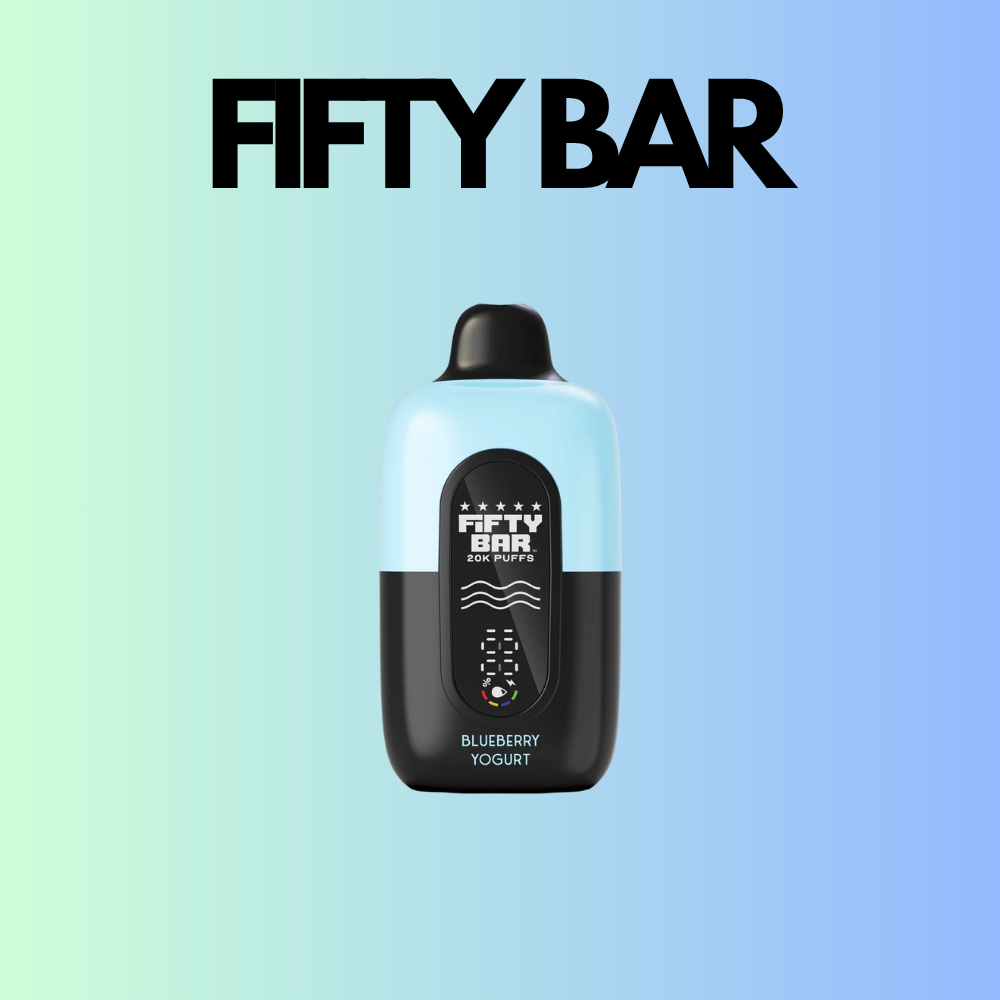
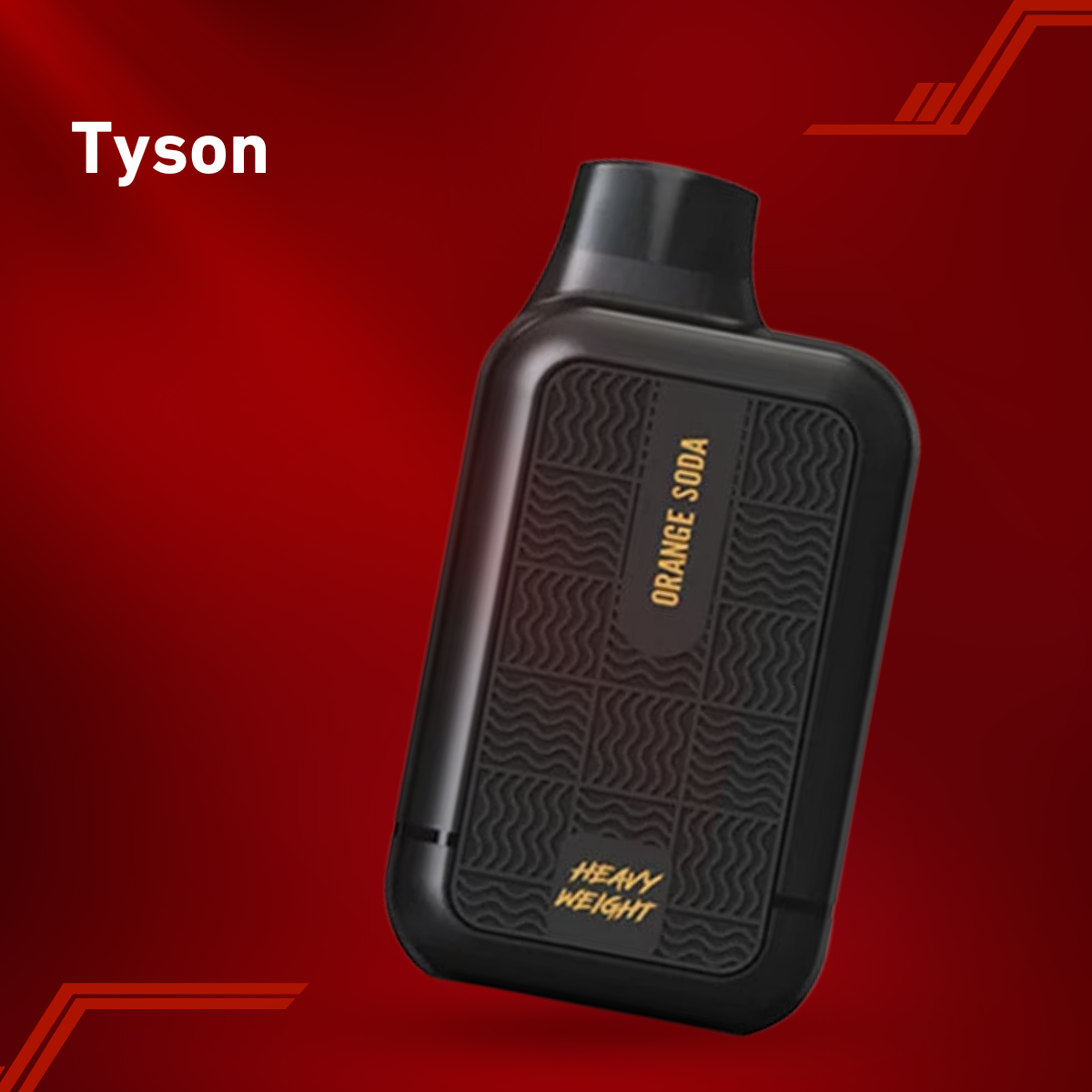
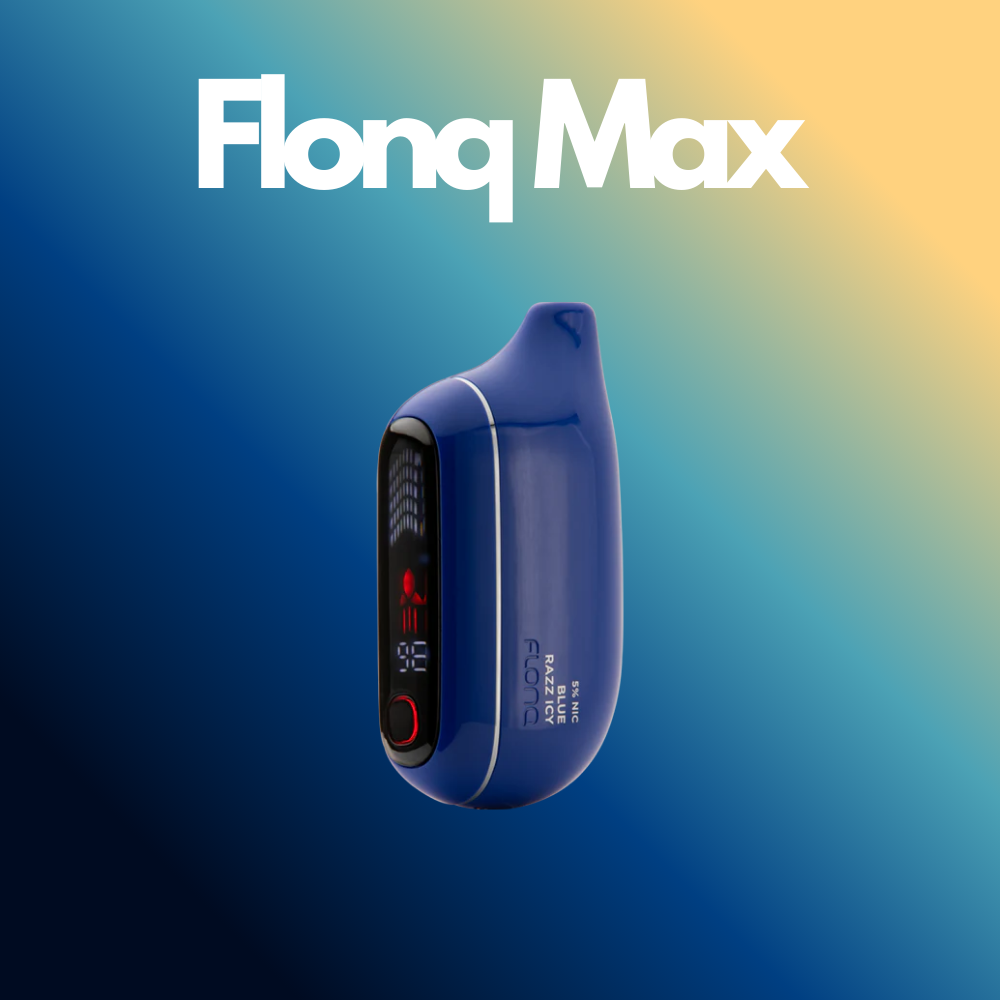
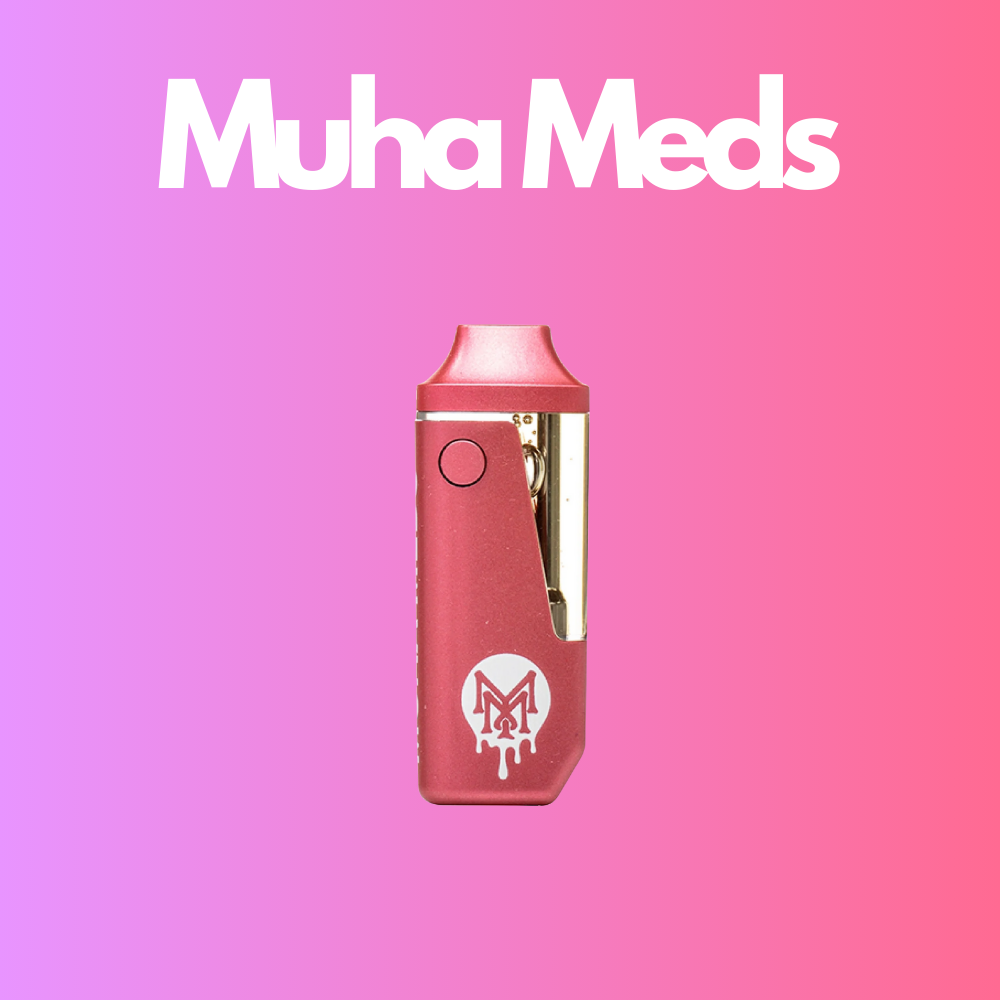
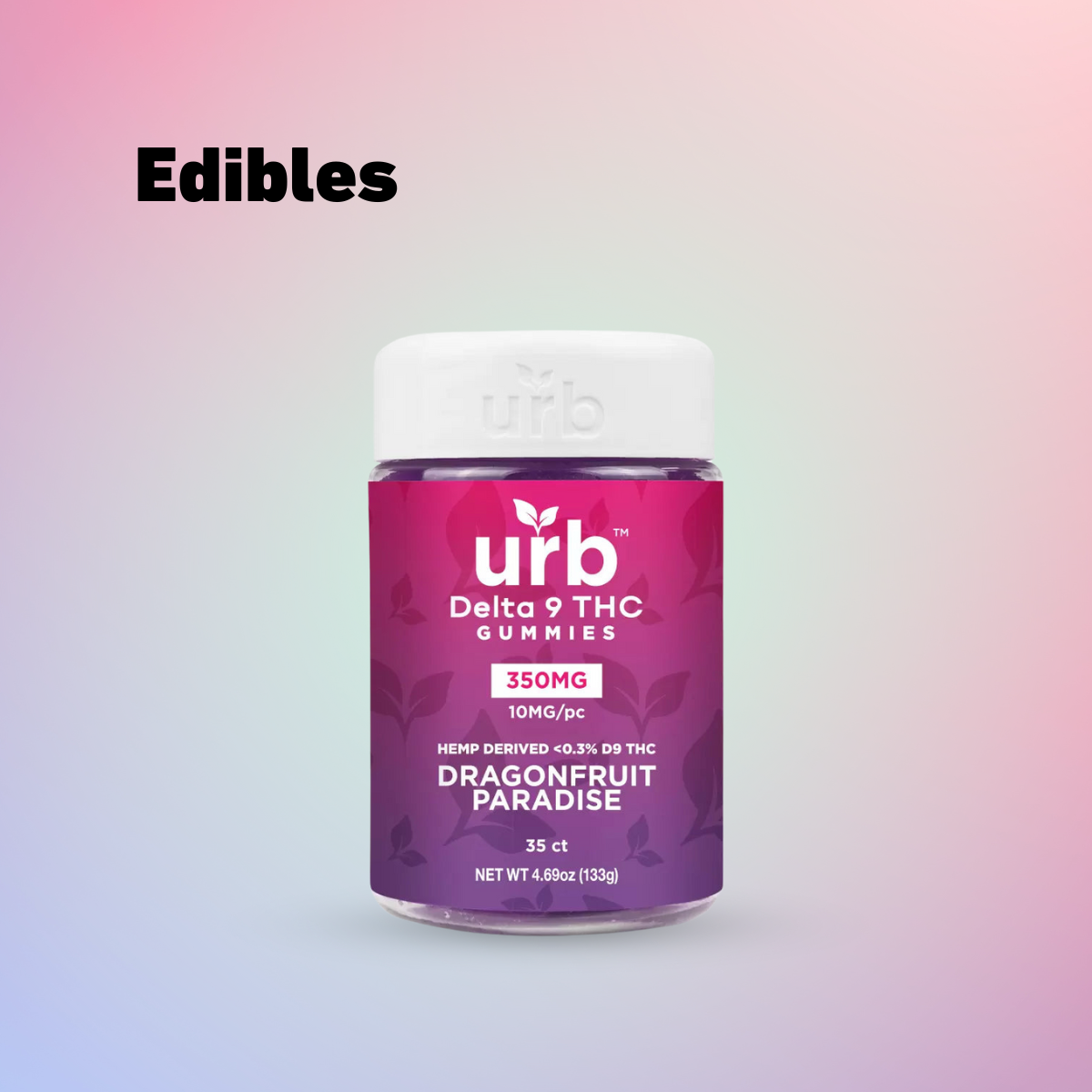
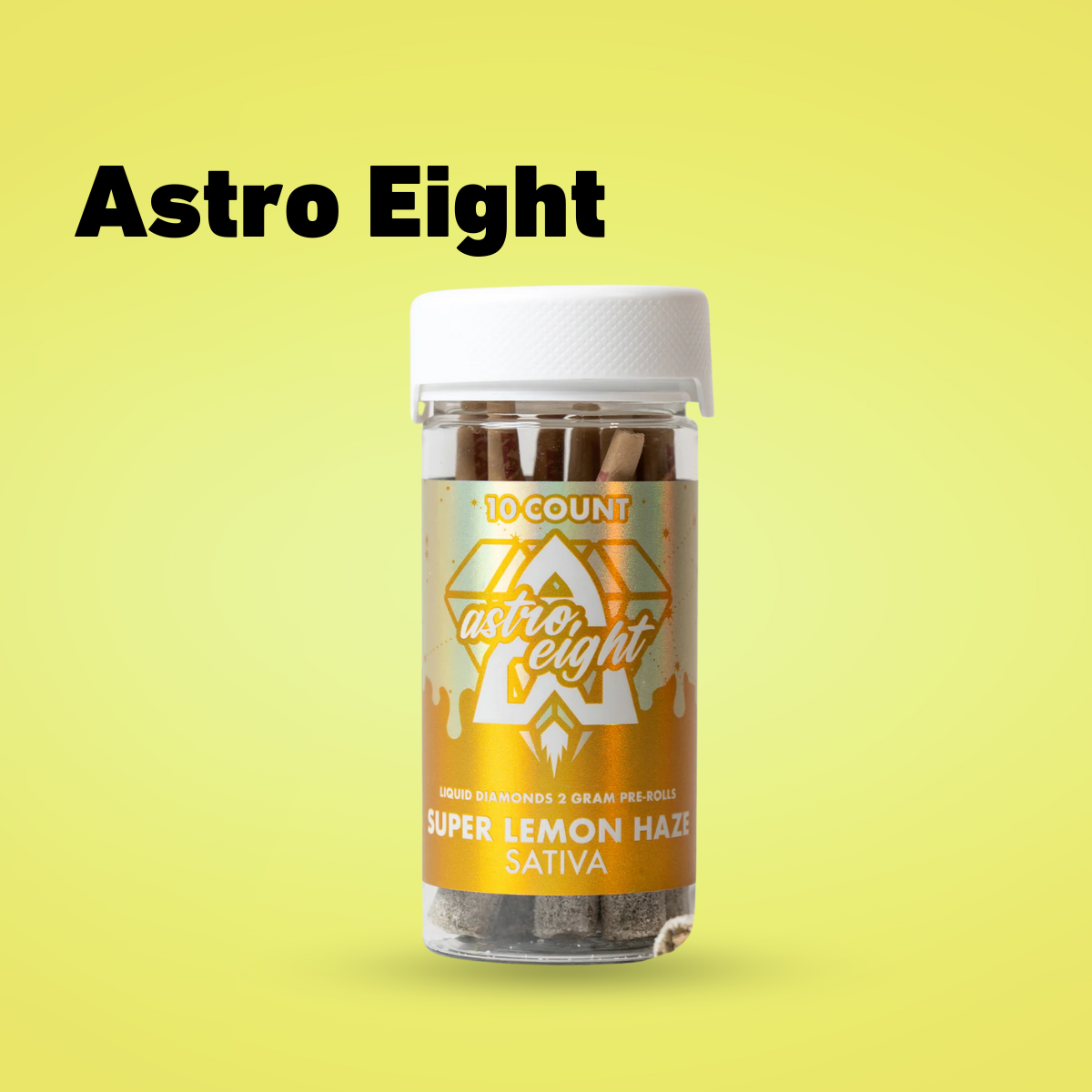
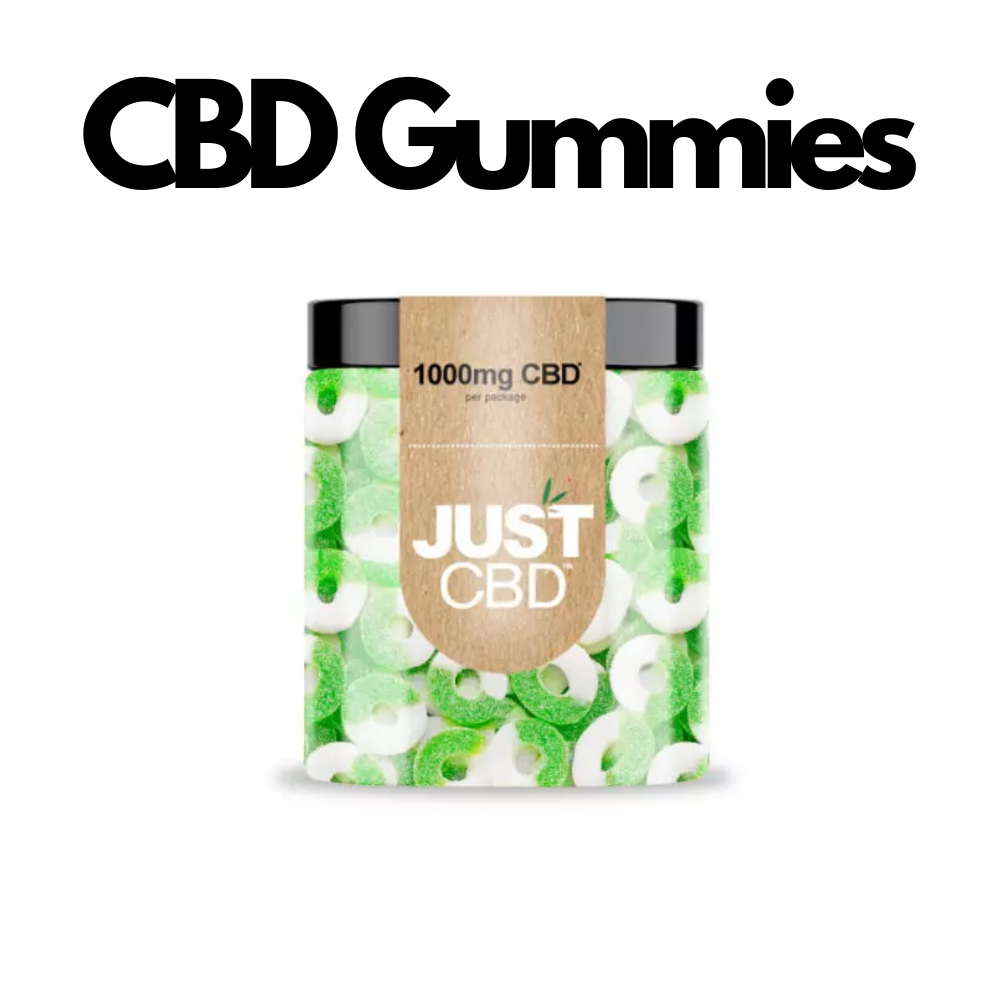
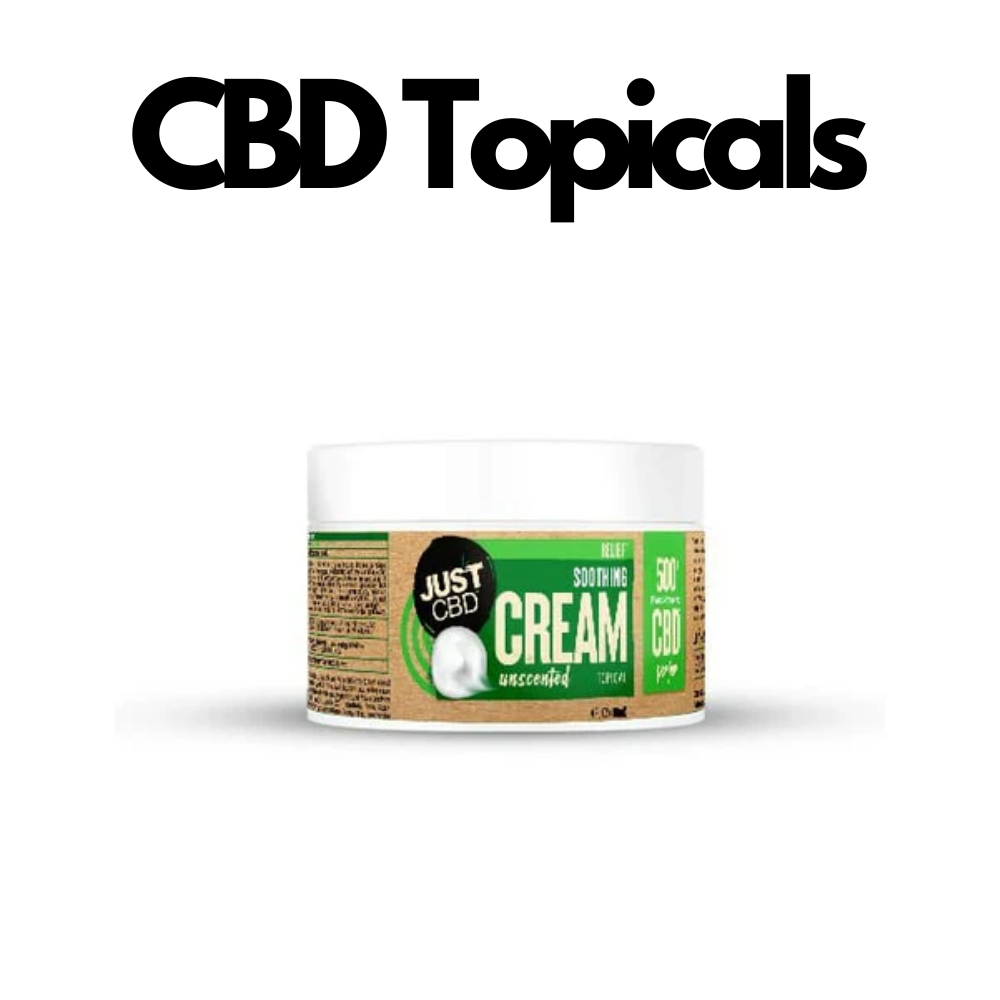
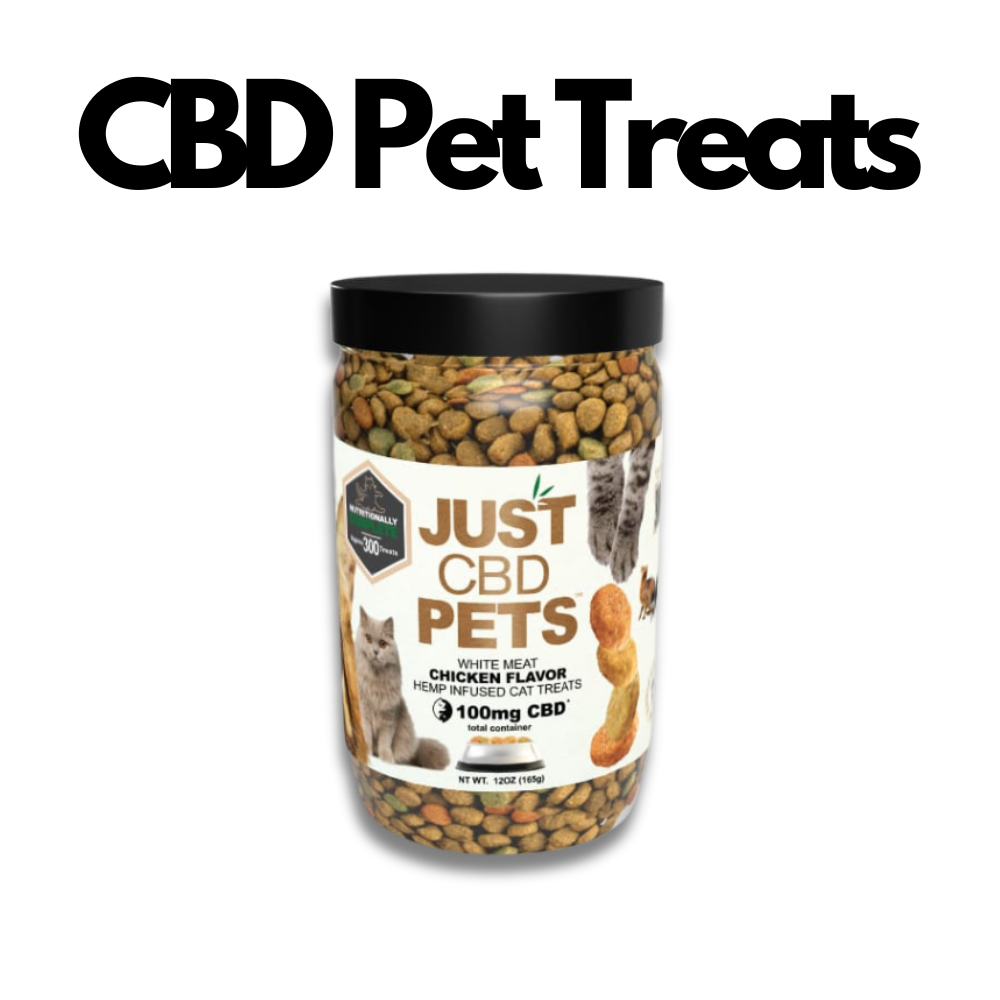

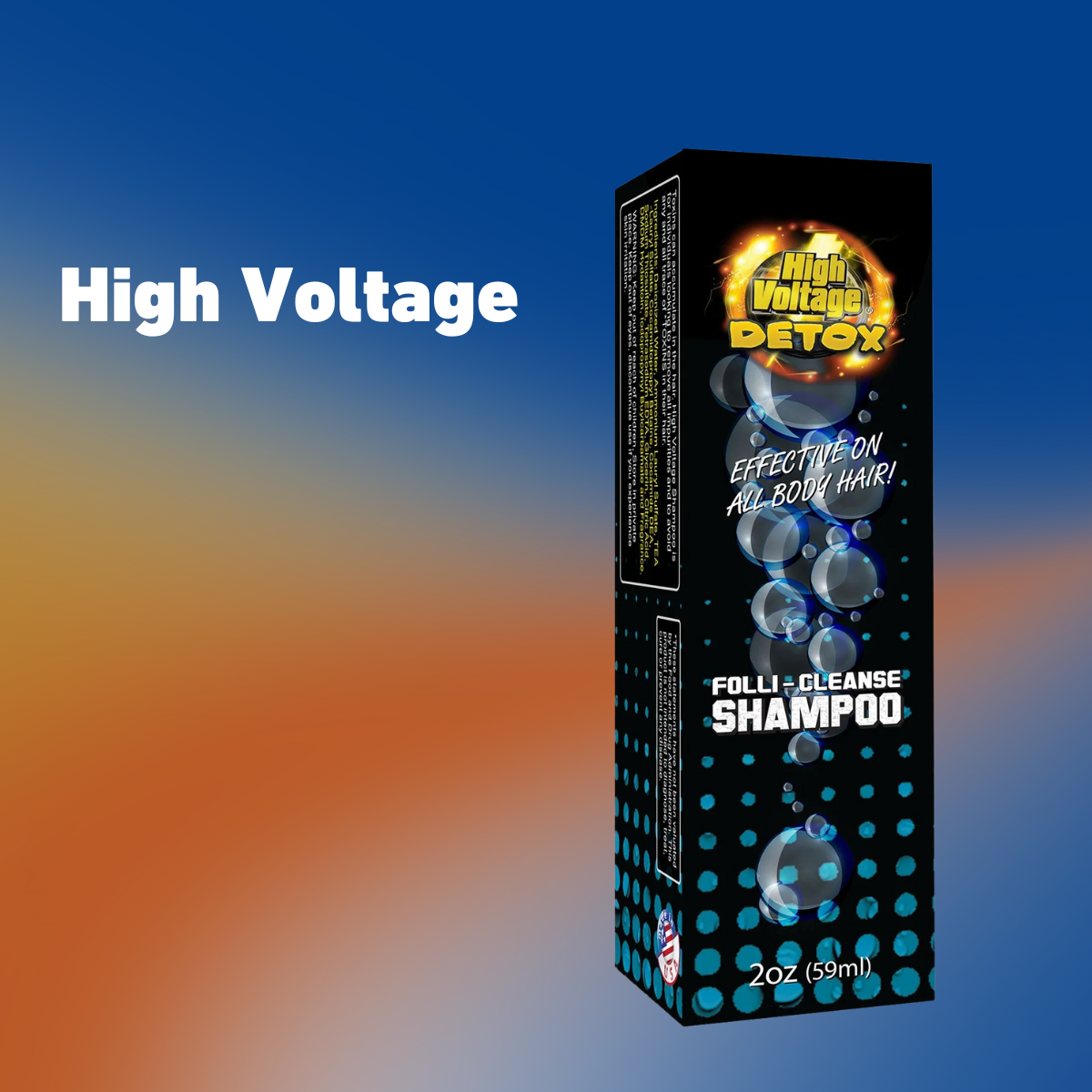
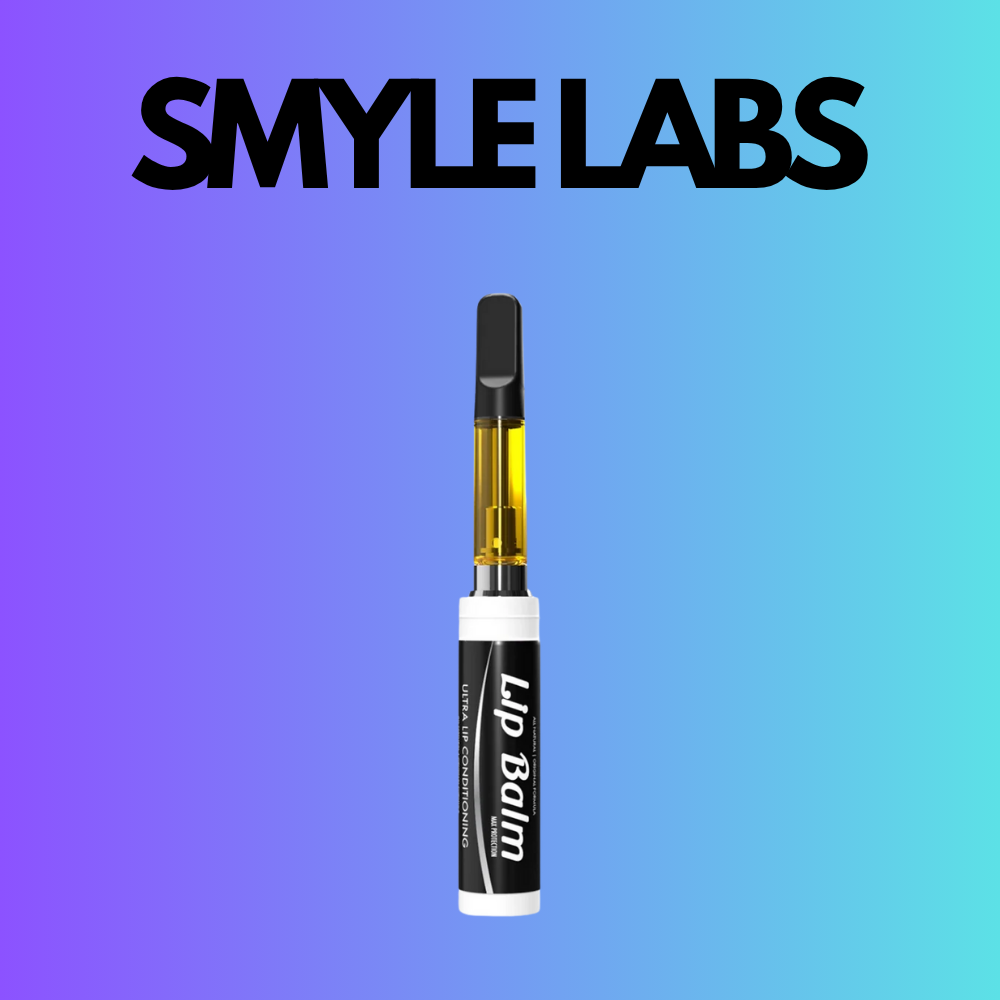

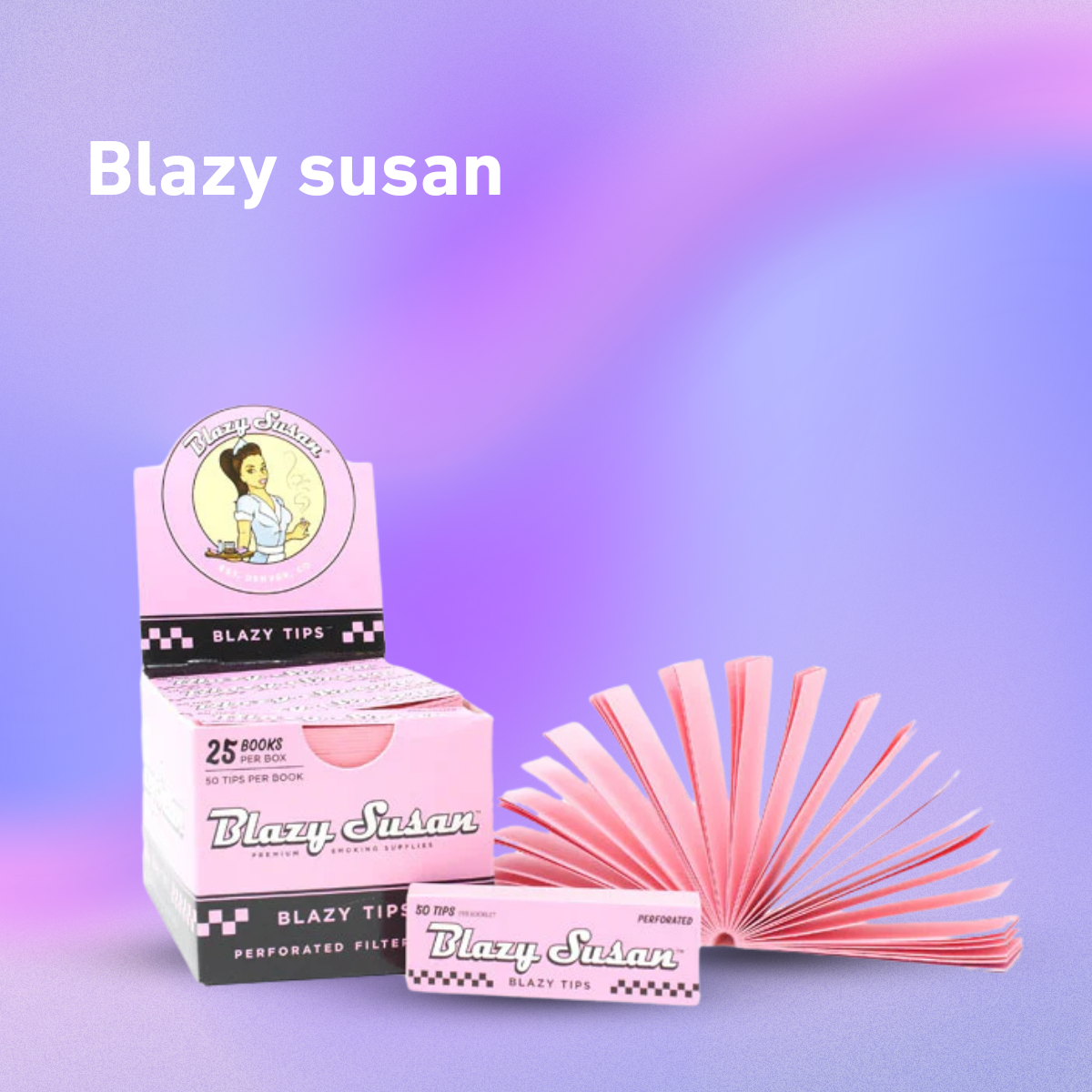
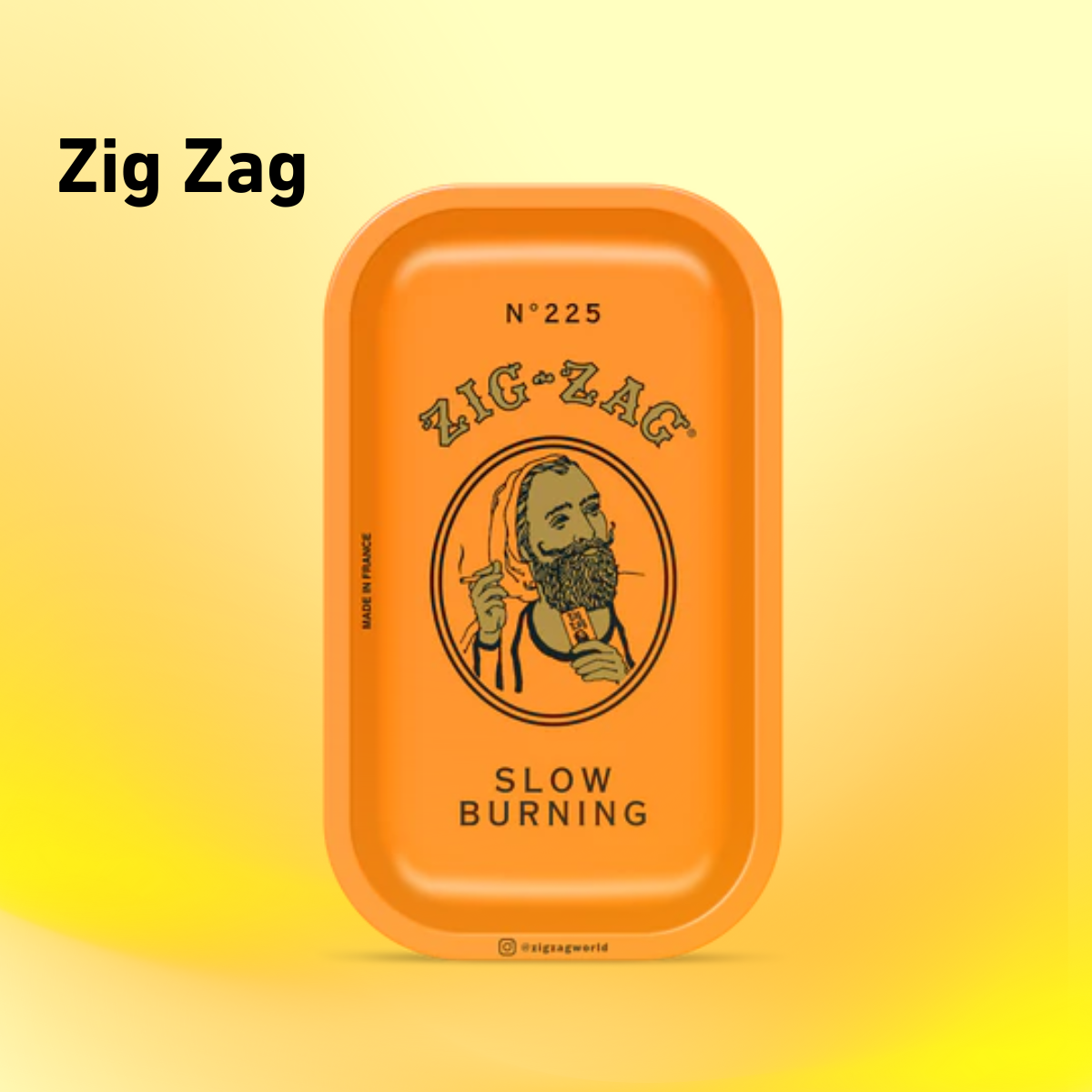
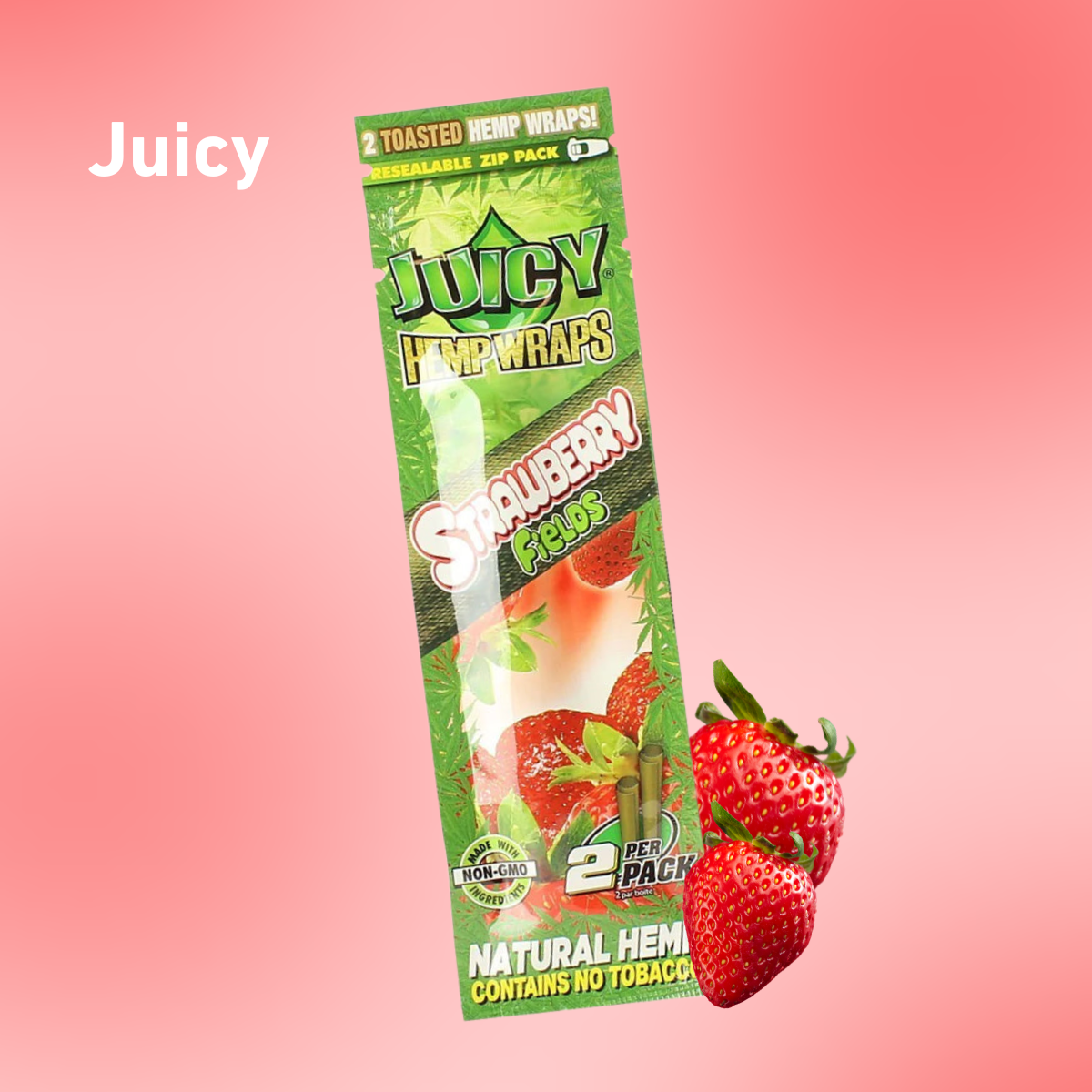


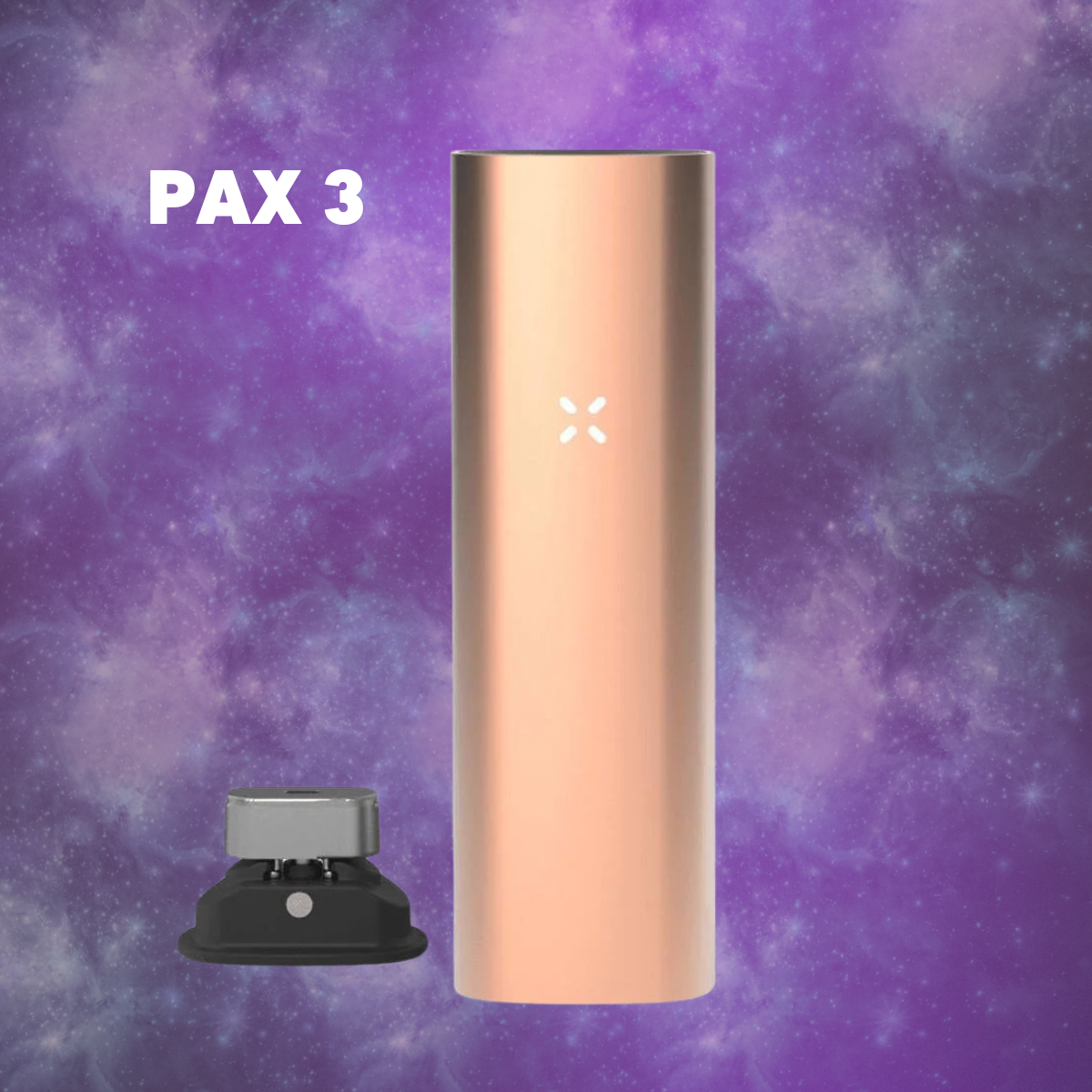
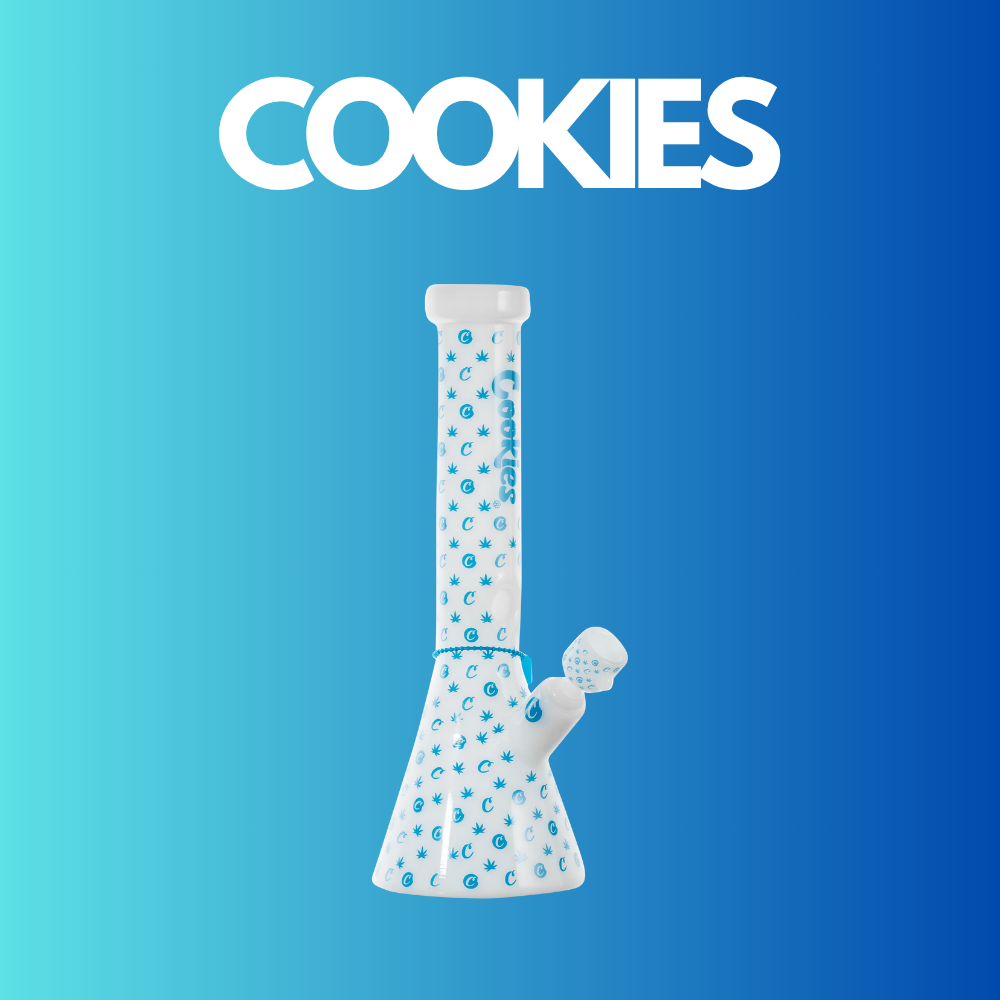
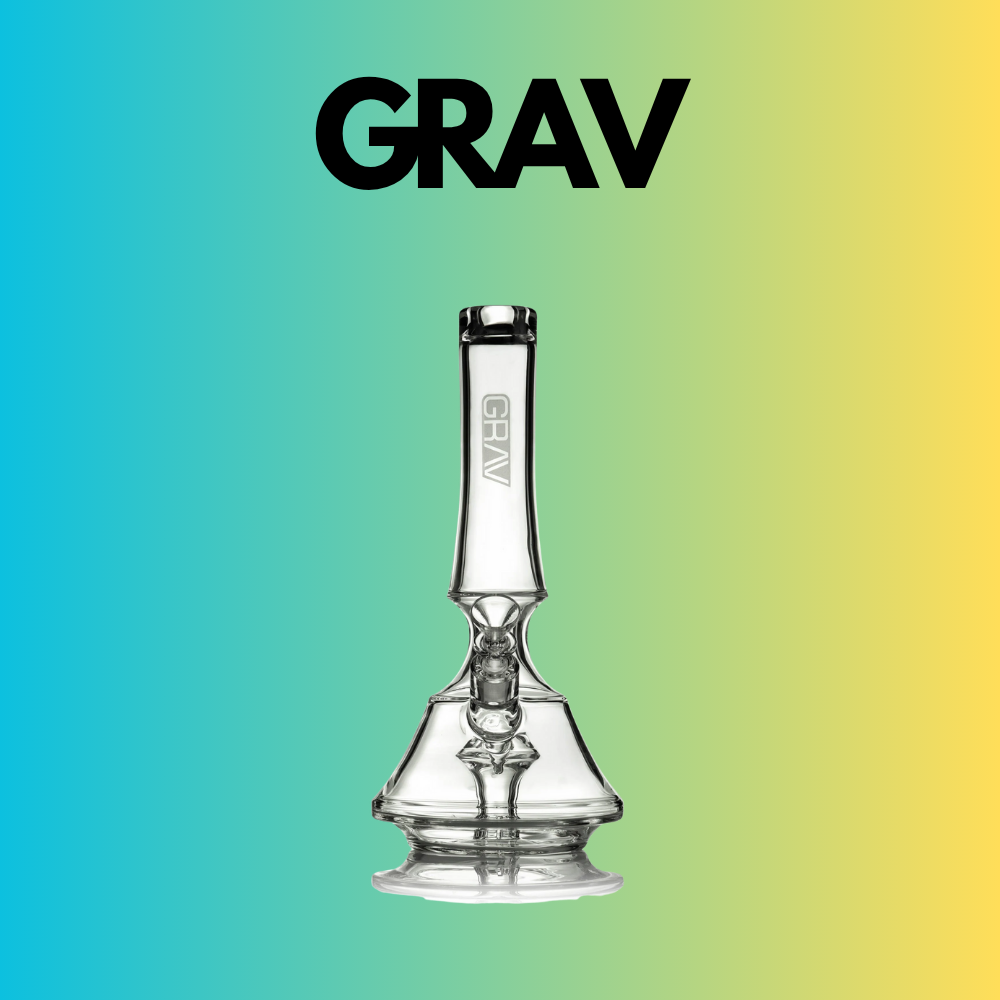




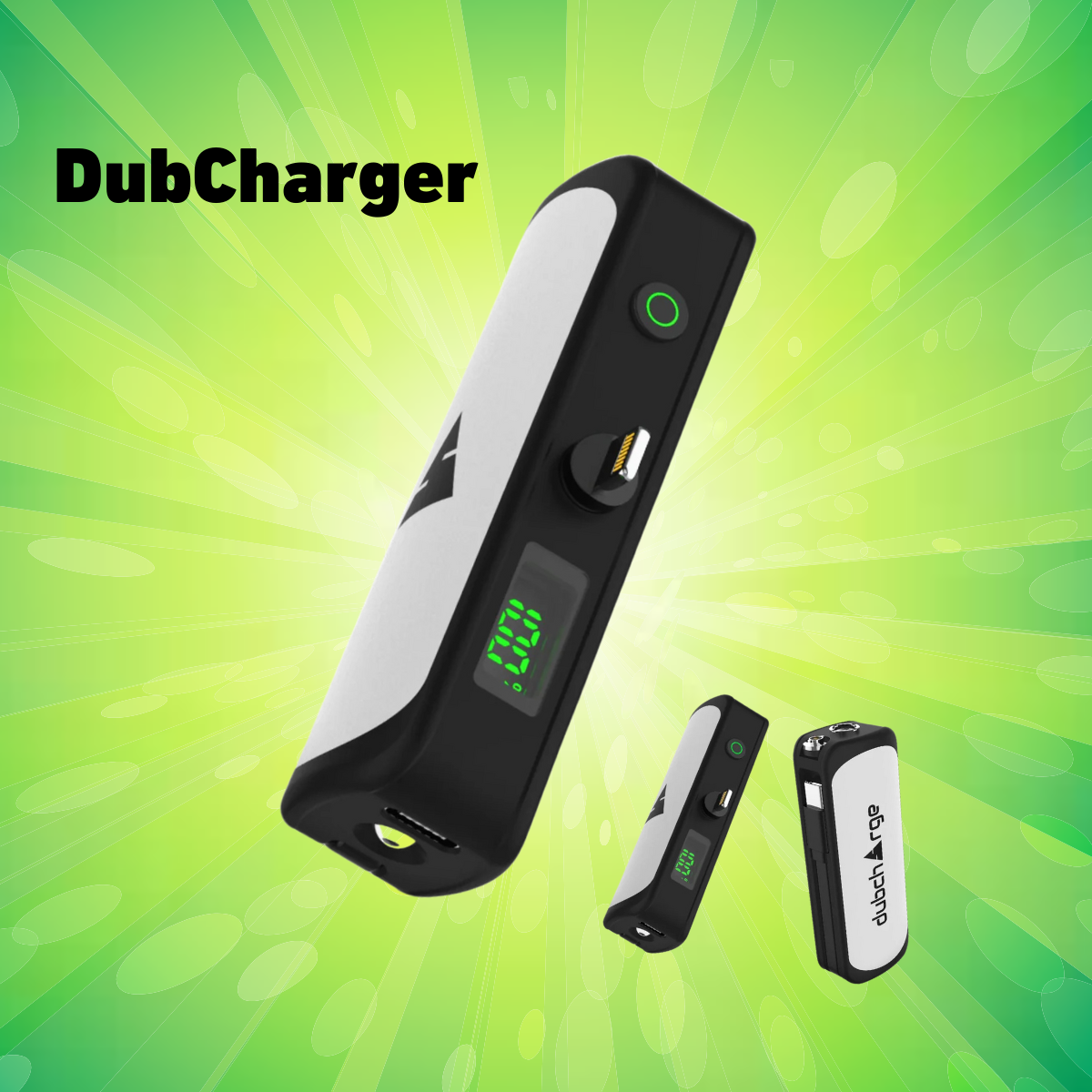

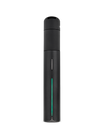

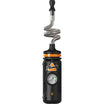

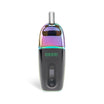

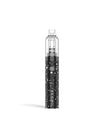
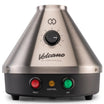
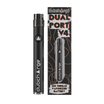

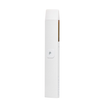


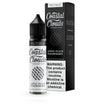
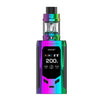

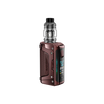
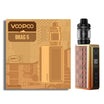
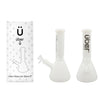



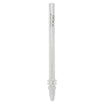


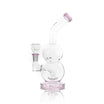


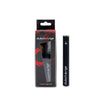


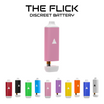
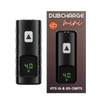

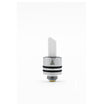
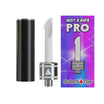
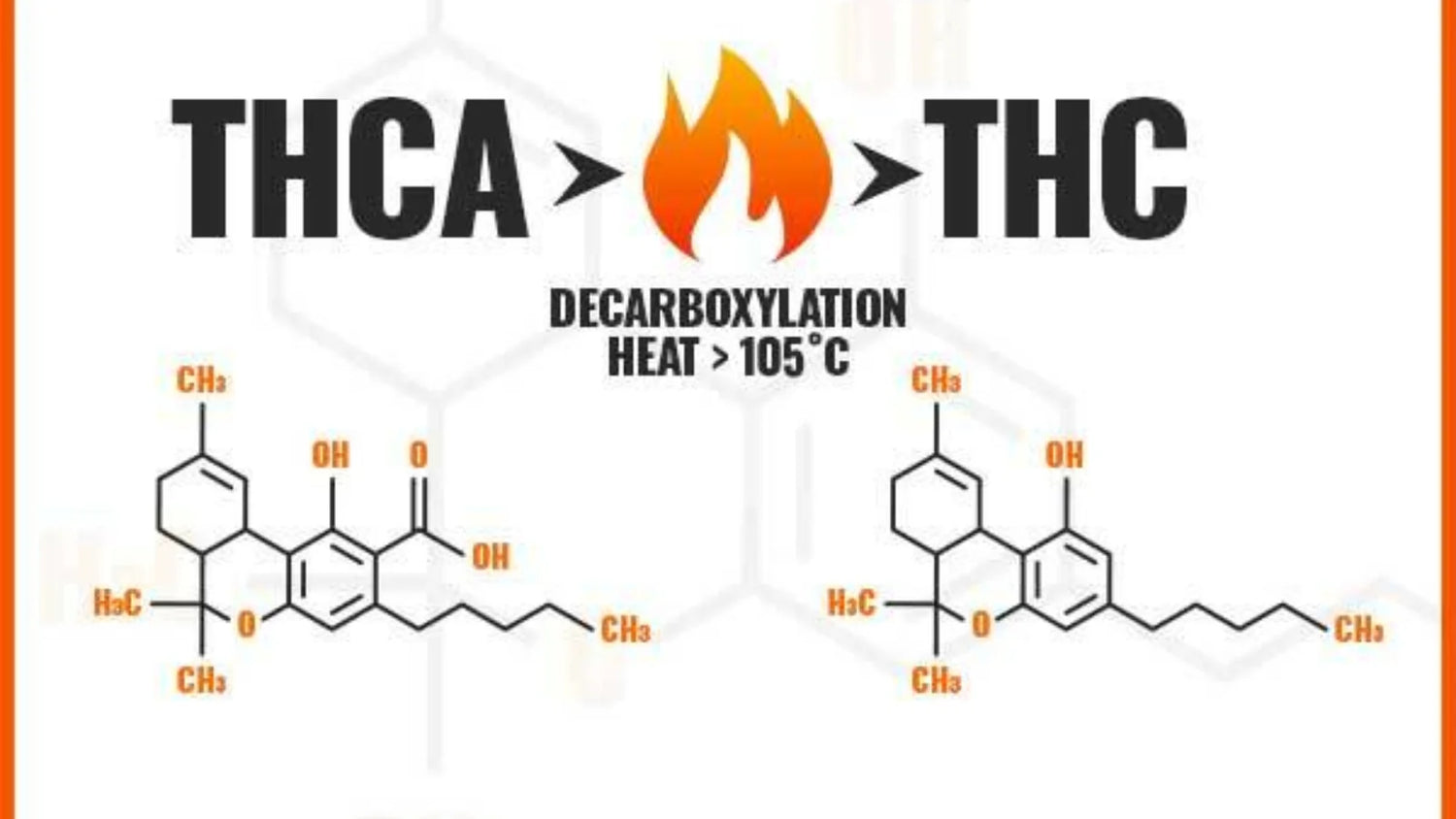
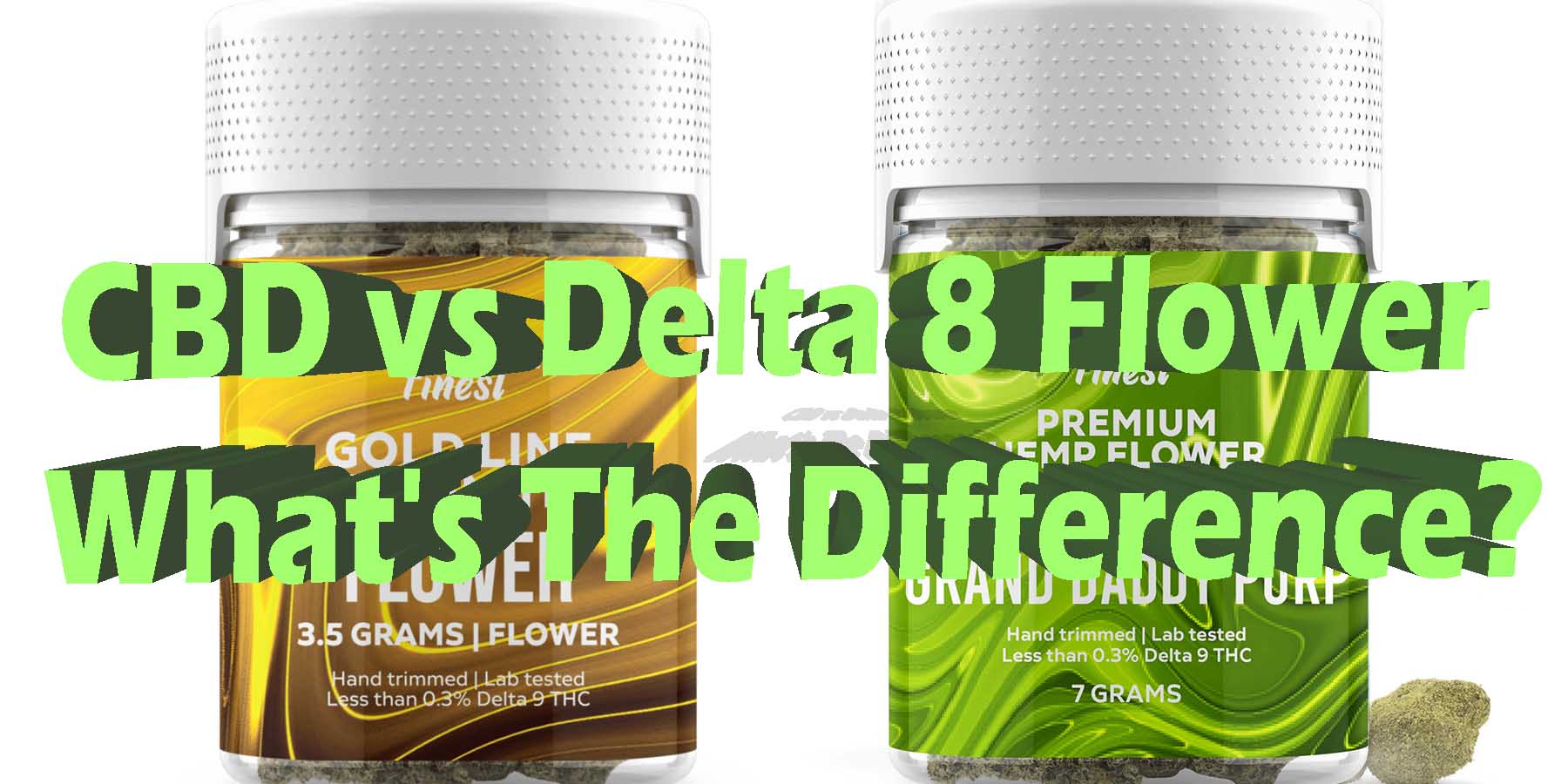

Leave a comment
This site is protected by hCaptcha and the hCaptcha Privacy Policy and Terms of Service apply.